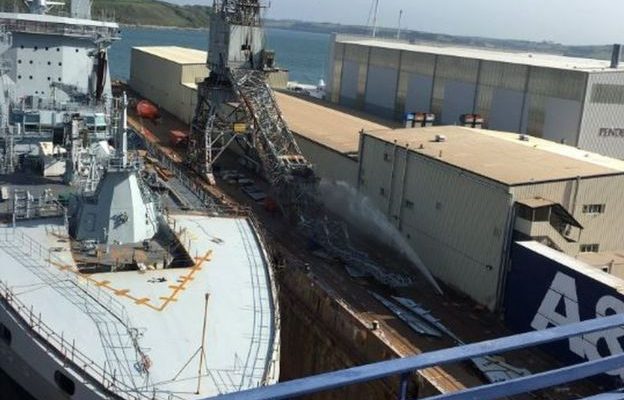All LIFEPAK 1000 automatic external defibrillators (AEDs) – risk of device shutting down unexpectedly during patient treatment and possible failure to deliver therapy.
The LIFEPAK 1000 defibrillator can be found in hospitals and in public places.
The manufacturer’s logo on the front cover may vary, displaying ‘Medtronic’ or ‘Physio-Control’.
1. Identify all LIFEPAK 1000 defibrillators in your possession.
2. Ensure that all those responsible for the AED follow the instructions in the manufacturer’s Field Safety Notice (FSN).
3. If you have already acted on this FSN, no further action is required.



